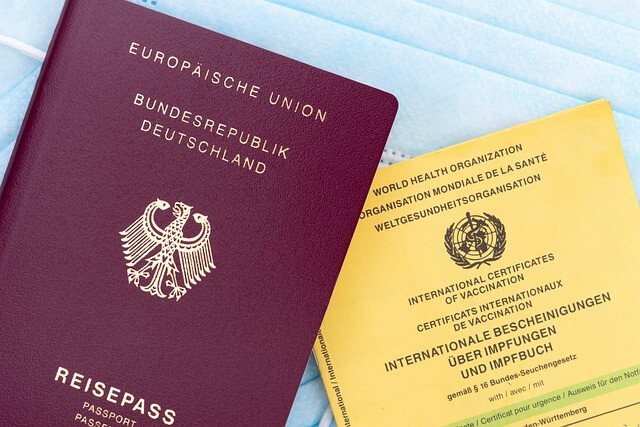In today’s digital-first world, fraudsters are becoming smarter and faster. Businesses that rely on cloud-based ID verification systems may be unknowingly putting themselves at risk of data breaches, latency issues, and compliance headaches. That’s where localized ID verification steps in as a game-changer.
ID verification and recognition systems offer businesses more than just speed. They offer security, control, and a powerful tool against real-time fraud. This post outlines the pitfalls of cloud-based ID verification, explores use cases for in-house solutions, and more.
The Pitfalls of Cloud-Based ID Verification
Cloud ID verification solutions are appealing due to their convenience and scalability. However, they come with several downsides that can compromise both the user experience and data security.
Latency
When verifying identity via the cloud, data must travel back and forth between a server and the client. Even minor delays can become critical in environments where real-time decisions are necessary, such as financial services, healthcare check-ins, or access control systems.
Data Exposure
Sensitive personal data is vulnerable when transmitted over the internet, especially if encryption protocols are not secure. A breach can damage your business’s reputation and legal standing.
Compliance Risks
With stricter data protection regulations like GDPR, HIPAA, and others, transferring personal data to third-party cloud services can lead to non-compliance. On-premises solutions allow you to maintain full control over where and how data is stored.
The Case for Localized ID Verification
On-premises, or localized, ID verification solutions keep all data processing and storage within your own secure infrastructure. This model gives businesses a key advantage in fraud prevention and regulatory compliance. Here’s how:
- Real time processing: Local systems operate without relying on internet connectivity. This means instant ID recognition and authentication, which is crucial for environments that require quick access decisions, like border control , high security offices, or customer services desks.
- Data sovereignty: Your customer data never leaves your network. This drastically reduces the risk of interception or unauthorized access and makes compliance with local privacy laws more straightforward.
- Customization and integration: On premise ID verification systems are often easier to customize and integrate with other internal systems like CRMs, security protocols, or document management tools giving you more control over your operations.
- Offline capability: In remote areas or during services outrages, on premise systems continue to function without disruption. This kind of resilience is essential for uninterrupted service delivery.
Use Cases Where On Premise Solutions Shine
- Financial institutions verifying high value transactions
- Healthcare facilities protecting patient records
- Airports and boarders managing identity at checkpoints
- Hotels and event venues with walk in customers
In all of these cases, the ability to verify identities instantly and securely can make or break the customer experience and your business’s defense against fraud.
Future Proofing With Advanced Technology
As AI and machine learning continue to evolve, so does optical character recognition (OCR). By combining OCR with on premise ID verification , businesses can automate manual processes while keeping everything under tight control.
One leading provider in this space is OCR Studio, offering advanced Id scanning and recognition technology. Their solutions are ideal for businesses that want high processing without compromising data safety.
Endnote
Cloud systems have their place but when it comes to realtime fraud prevention, localized ID verification simply does a better job. By keeping data close, secure, and instant, on premise solutions empower businesses to stay one step ahead of fraudsters, and one step closer to operational excellence.


